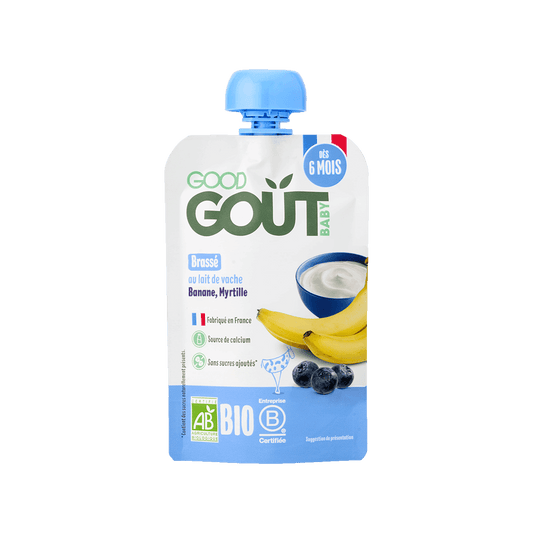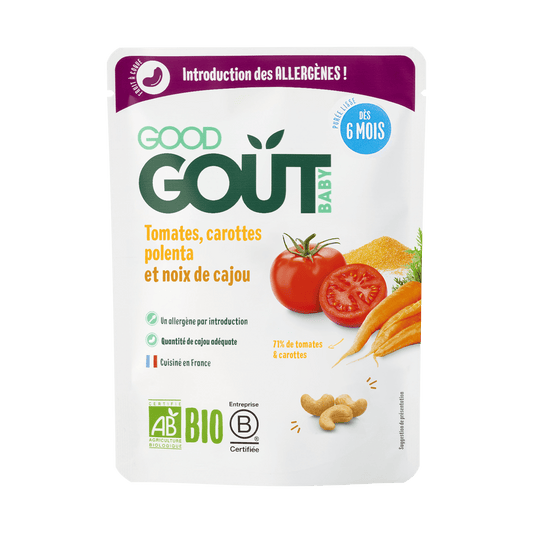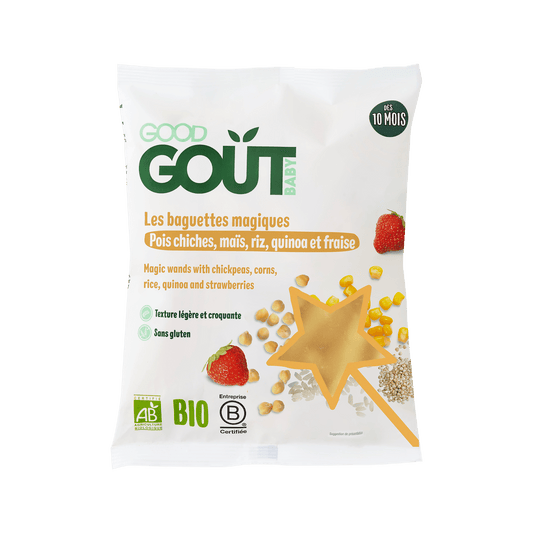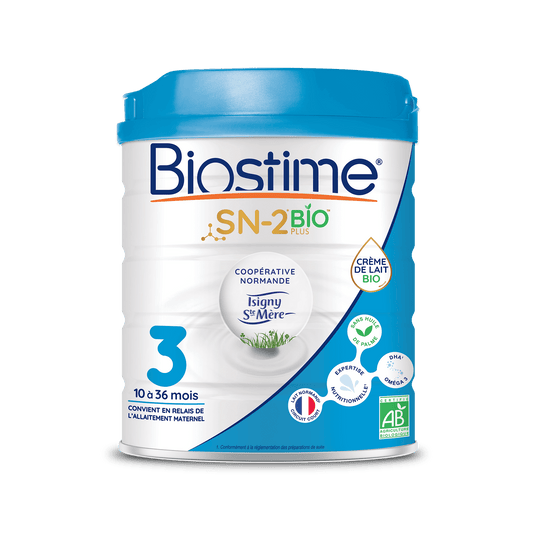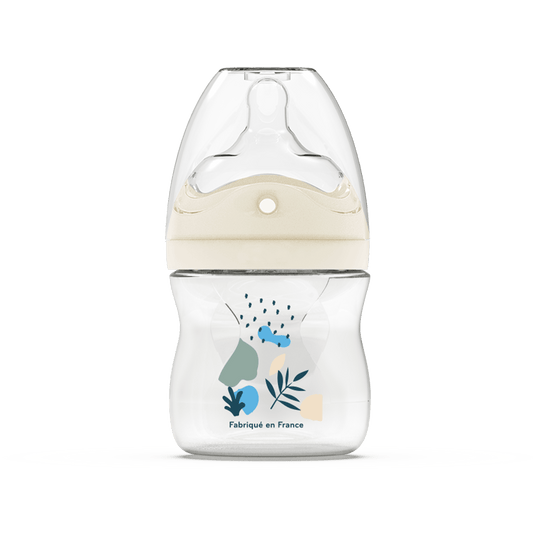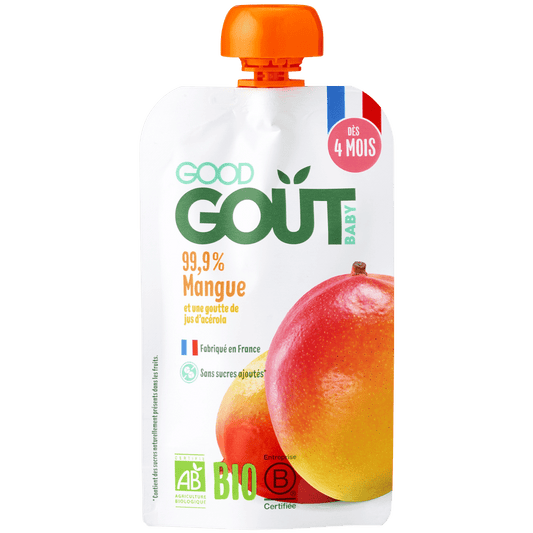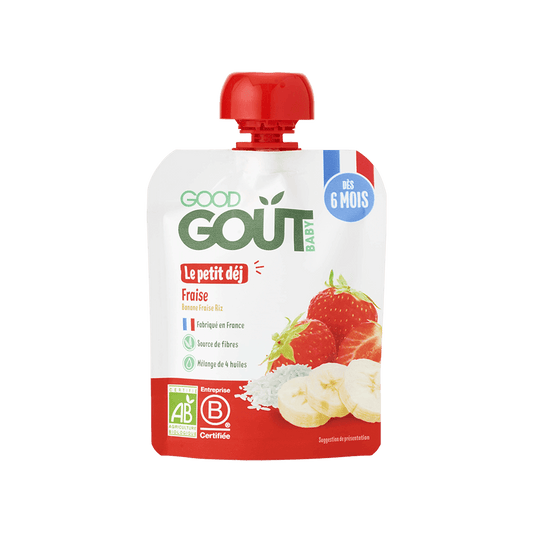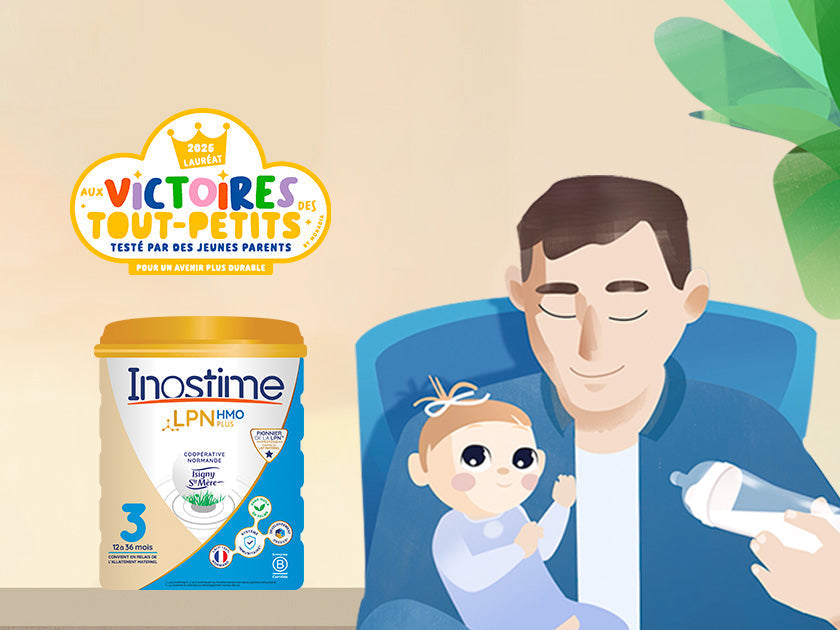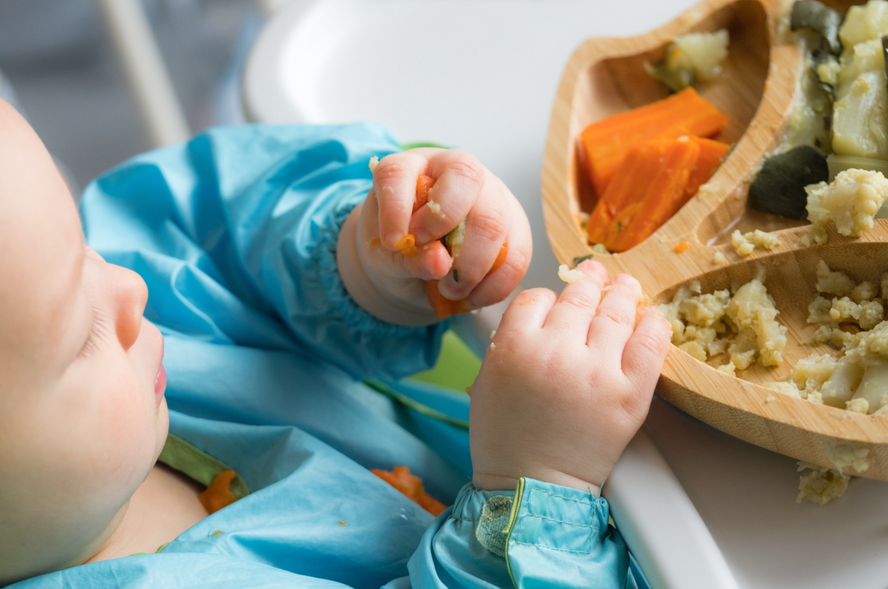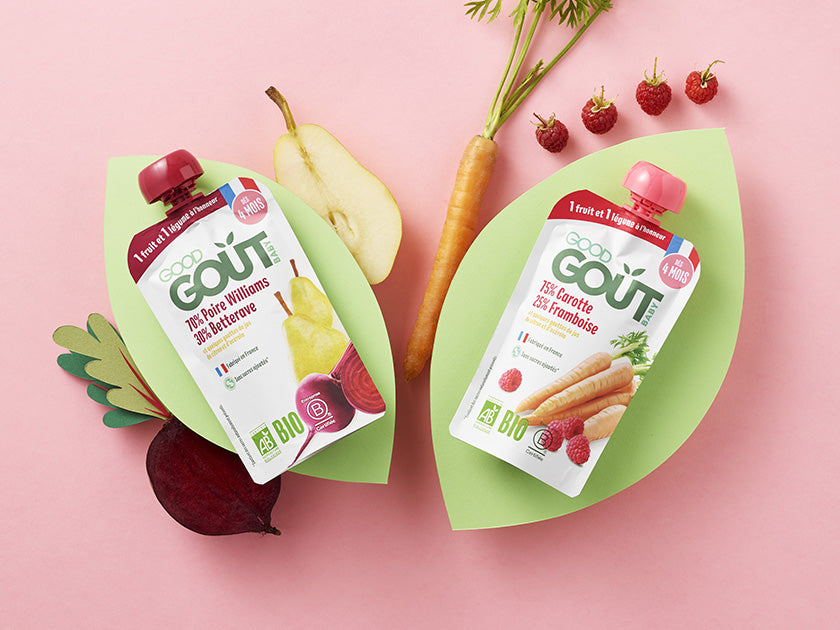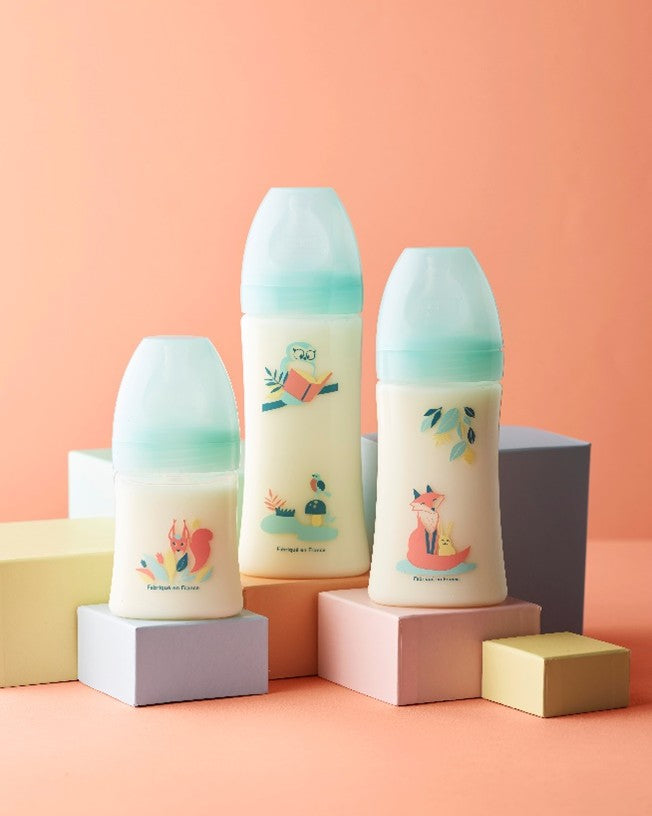That's it, your baby is already eating lots of different fruits and vegetables: a great step forward in diversifying his diet . But not so fast, sailor, this period that has you torn between perseverance and wonder is not over. Now it's time to introduce him to the wonderful world of proteins! Which meat to start with? At what age should you start eating meat? How much meat for a 12-month-old baby? A 6-month-old baby? We'll tell you everything!
Why introduce protein into your baby's diet?
It is because proteins are constituents of our cells that they are so fundamental: they play a role both plastic (i.e. construction) and energetic. Suffice to say that they have a very important role to play in the growth of your child : it is thanks to them in particular that your baby 's body will be able to defend itself against viruses and bacteria.
Proteins have a high content of so-called "essential" amino acids. These have the particularity of not being produced by the human body (unlike "classic" amino acids). The only way to provide them to your baby is to get them from his diet . And that's good, because fish , meat , eggs , but also cereals and legumes are full of them!
When is it advisable to introduce meat to your baby's plate?
To ensure that your baby 's intestinal flora - which helps digest food in the intestine - develops smoothly and without disrupting their little organism, it is essential to introduce new foods slowly. Going from the easiest to the most complex to digest, of course. This is why proteins , especially animal proteins, should be introduced AFTER fruits and vegetables, i.e. from the age of 6 months.
From 6-7 months, you can introduce fish and meat . All fish can be enjoyed by your child . Note that oily fish such as salmon , mackerel or sardines are particularly interesting. Indeed, these fish are excellent for your baby because they are rich in DHA (an omega-3 which plays a decisive role in the development of the brain, the nervous system and vision. On the other hand, also be VERY vigilant when hunting for bones. It's time to get out the glasses and tweezers for a little inspection! The vast majority of meats can be given to your child, such as white meats (chicken, turkey, etc.) and some red meats (rib eye and rump steak). On the other hand, offal and cold cuts are not recommended for babies , with the exception of cooked ham (without rind and low in salt).
From 7 months, you can only introduce egg yolks (cooked and crushed), as egg whites have a high allergenic potential. Ideally, you should wait until the 12th month to introduce egg whites.
How much protein for your baby?
Your baby 's nutritional needs change as they grow , so the amount of protein you provide should also change with their age.
From 6 to 8 months, 10g of protein per day is enough. In concrete terms? This represents 2 teaspoons of meat or fish.
From 8 to 12 months, 20g of protein is recommended. This represents 4 teaspoons of meat or fish .
For eggs , it will be half a yolk between 7 and 9 months and 1 whole yolk between 9 and 12 months.
From 12 months, your child begins to grow and you should move on to 30g of animal protein per day. This represents 6 teaspoons of meat or fish or ½ a hard-boiled egg (whole).
How to incorporate these new foods into your baby's meals?
First basic rule: it is recommended not to hide a new taste under another. The very first time you give your baby meat , fish , or even eggs , present the food alone. This will allow him to identify this new taste (even if love at first sight is not instantaneous) and you will be able to better identify his preferences.
The ideal would be to include these new foods at lunchtime. Indeed, an excess of protein , especially in the evening, is not ideal for good digestion, and therefore for the quality of one's sleep.
Think you're out of tools for cutting and chopping meat and fish into tiny pieces? Chef's tip: Use your herb scissors or a mini blender to cut food even finer.
Once you've gotten past the discovery stage, how do you cook these animal proteins for your baby?
And to make your life easier, Good Goût has thought of you and has put together a Protein Introduction pack for babies from 6 months with a variety of recipes based on good organic meat and fish. We have also thought of older children with recipes adapted to the age of babies , from 8 months to 15 months, with a texture that goes from smooth puree, to ground/crushed and then to melting pieces.

